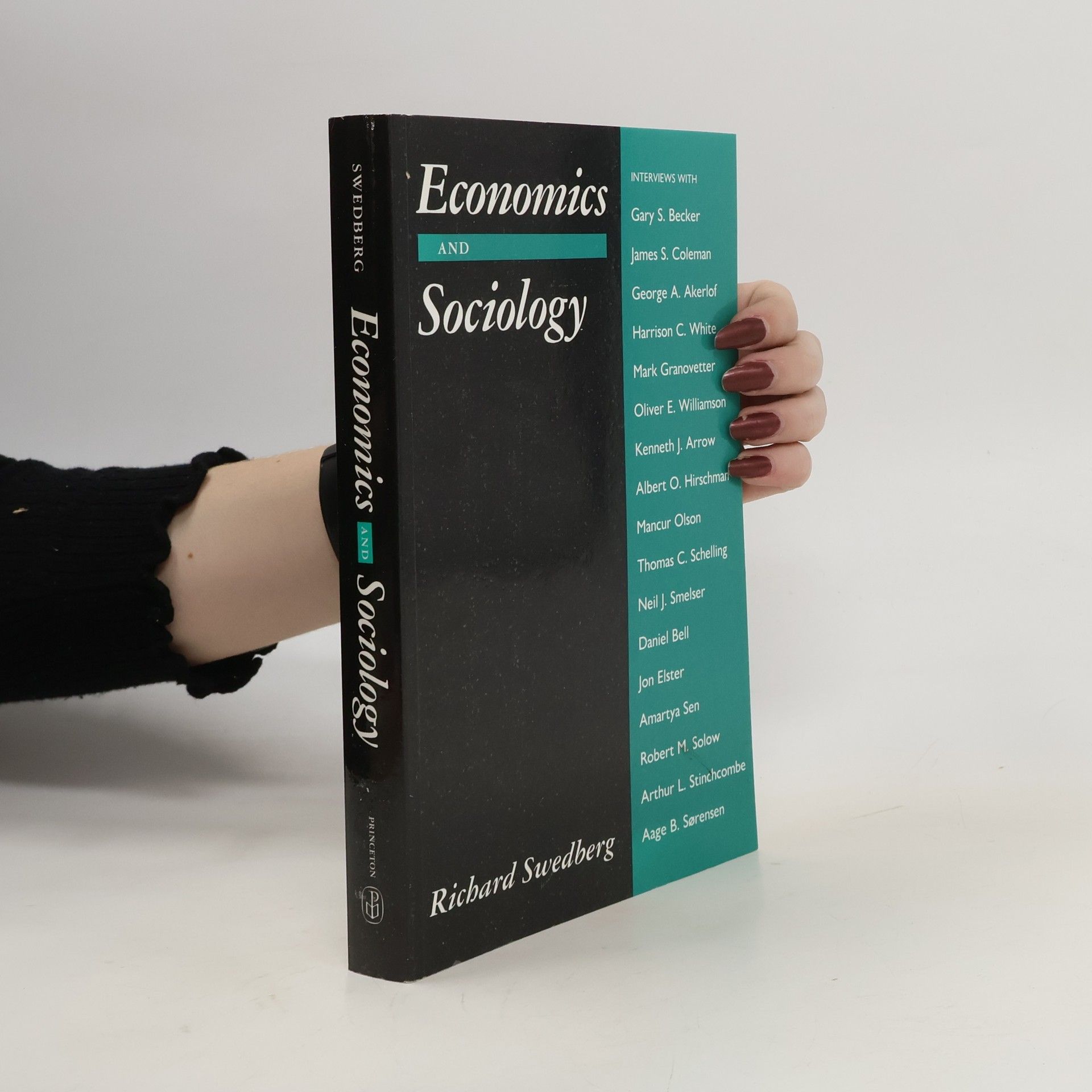Economics and Sociology
Redefining Their Boundaries: Conversations with Economists and Sociologists
The boundary between economics and sociology is presently being redefined--but how, why, and by whom? Richard Swedberg answers these questions in this thought-provoking book of conversations with well-known economists and sociologists. Among the economists interviewed are Gary Becker, Amartya Sen, Kenneth Arrow, and Albert O. Hirschman; the sociologists include Daniel Bell, Harrison White, James Coleman, and Mark Granovetter. The picture that emerges is that economists and sociologists have paid little attention to each other during most of the twentieth century: social problems have been analyzed as if they had no economic dimension and economic problems as if they had no social dimension. Today, however, there is a dialogue between the two fields, as economists take on social topics and as sociologists become interested in rational choice and "new economic sociology." The interviewees describe how they came to challenge the present separation between economics and sociology, what they think of the various proposals to integrate the fields, and how they envision the future. The author summarizes the results of the conversations in the final chapter. The individual interviews also serve as superb introductions to the work of these scholars.




